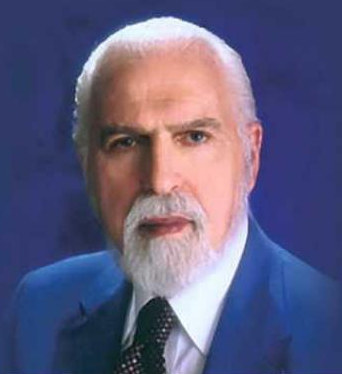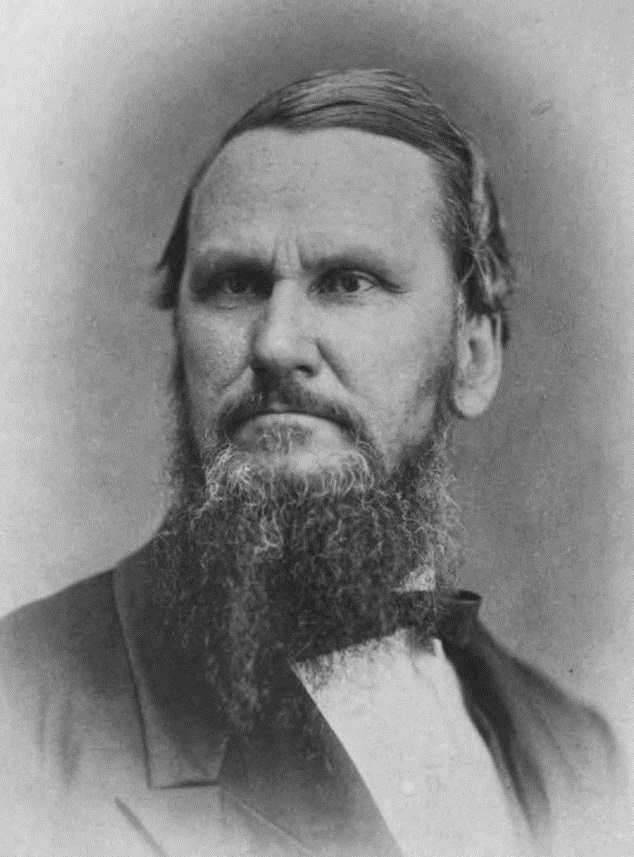Racism
Are the kinists racist? The term 'racism' only came into common
use in the twentieth century, when Ruth Benedict and her associates
proposed the rival theory that differences between human groups are
culturally conditioned rather than reflecting innate biology. The
people who were labelled 'racist' by this theory had not called
themselves 'racists,' they had called themselves 'anthropologists'
and the like. The 'scientific' racism of the nineteenth century is
often labelled as pseudoscience, and indeed so it is, but not
because its practitioners lacked credentials. Scientific racism was
not a phenomenon like COVID denialism, when charlatans like John
MacArthur assured everyone they had one chance in 19.1 million of
dying of COVID. In this case, the people promoting the
'misinformation' were the people with the credentials, not the
people who lacked them. It was the people who were in charge of the
anthropology department who were the racists, not the people on the
outside. But after Hitler took that approach as far as it could go,
a reaction set in and they reversed field. Now the people in the
anthropology department will tell you they don't know what 'race'
is.
I suspect most of the people who used the term 'racist' did not
use it with any thought whether differences between human groups are
culturally determined or genetically-based, but rather just as
synecdoche for 'race hatred,' or 'racial animosity.' Race hatred is
undeniably a real phenomenon, which when it burns at its
hottest fever pitch leads to massacres and pogroms. 'Unreasoning
hate' or 'causeless hate' is a real thing which needs a name. People
who are looking right at it yet claim not to see it only convince
bystanders that they share the infection. Unfortunately the
phenomenon itself does not seem to be in retreat but if anything to
be spreading. It seems we've almost reached a tipping point now,
what with the mass shootings that take place with depressing
frequency.
'Racism' has been defined and redefined to mean so many different
things that at this point it might well seem to have passed its
expiration date. Some of the newer meanings are actually
indeterminate, that is to say, you can't reliably class people as
'racist' or 'non-racist' on the basis of available information.
'Anti-racists' like Ibram X. Kendi and Jemar Tisby take an
outcome-based approach, defining 'racism' as anything that results in
negative outcomes for Black people. By this logic, Ronald Reagan was
a racist, because, they believe, his policies negatively impacted
Black residents. The thing is, if you ask, say, Larry Elder and
Thomas Sowell, what policies are deleterious to the welfare of Black
inhabitants, the schedule they produce would be the inverse of Kendi
and Tisby's schedule. They might say, 'Tax and spend' municipal
financing is racist, because it produced the Detroit bankruptcy,
which was detrimental to Black residents. Now there is grass growing
in the streets of Detroit. This could have been avoided.' But
someone else might say, 'No, corporate greed led to the Detroit
bankruptcy.' So before you can predict whether a given speaker will
class some measure or another as 'racist,' you have know his
politics. Unfortunately there is available no ideologically neutral
political or economic science which can predict and classify policy
outcomes as beneficial or detrimental to the satisfaction of all
speakers.
While it might seem tempting to discard a phrase whose meaning
has become so unclear, a term like 'racism' cannot be cast aside
with no available replacement. Let's say people decided to get rid
of the word 'volcano,' on grounds the phenomena it identifies take
up too broad a range: are we talking about the steam venting of
White Island? Mt. St. Helens blowing its top? Kilauea encasing
surrounding neighborhoods in lava? These are different, not the
same. We need clarity; let's stop talking about 'volcanoes.' But
people cannot stop talking about volcanoes. In 1902, Mt. Pelee in
Martinique erupted, killing 30,000 in one morning. A cloud of
super-heated toxic gases rushed toward the doomed town of St.
Pierre, with only a few able to escape and live to tell the tale,
one being a criminal named Auguste Ciparis, who survived because he
was incarcerated in an underground dungeon. His jailers stopped
feeding him because they were dead, but he survived till a rescue
party found him. How can you expect people not to talk about
volcanoes? At least nominate a successor word, or words.
Years ago, visiting a nursing home while the Indonesian tsunami
was in the news, a lady drew me aside and asked, 'what is a
tsunami?' She did not know the term and did not understand what they
were talking about on TV. 'A tidal wave,' I replied, though I knew
it had nothing to do with the tides. 'Oh,' she said, now
understanding, 'that's awful!' So if you are not going to talk about
racism any more, realizing that the phenomenon cannot remain
undescribed, then at least come up with a replacement term. May I
suggest 'kinism,' which certainly is not very different and in some
cases seems to be no more than a retread of the older racism? I've
even heard from them that old wheeze, that Blacks were rightfully
enslaved in America, because of the 'Curse of Ham.' What is the
'Curse of Ham'? No such circumstance is known to the Bible! They
mean Noah's curse against Canaan, but prefer to back-date it to Ham,
Canaan's father, realizing that the people brought to America as
slaves were not, in fact, descended from the Canaanites.
But what would have been more futile than for Noah to curse Ham?
Eight people were saved aboard the ark, and those eight people were
specifically blessed by God (Genesis 9:1).
Is there any point cursing those whom God has blessed? "Behold, I
have received a command to bless; He has blessed, and I cannot
reverse it." (Numbers 23:20). Why they want to continue
recycling arguments which were worthless when first propounded I
don't know. The abolitionists ridiculed these pro-slavery Bible
arguments upon first publication, with very good reason, and it's
depressing to think there can be people so far out of the loop they
haven't yet heard about it. Or if Kinism is a new thing, not an old
thing recycled, why are their arguments so thread-bare and
shop-worn?

Democracy
While it is difficult to generalize about the political leanings of a
group so amorphous as the kinists, their principal influencers are
resoundingly of one mind when it comes to the American political system.
They were against it. Like Douglas Wilson, Rousas Rushdoony was anti-democratic and
anti-Constitution. He understood democracy to be a rebellion staged by
the people against the rule of God:
"As a result, the authority of God has been progressively displaced
in America by the authority of the new god, the people. When God
is invoked, He is seen as someone who bows to the people, as a
God who longs for democracy." (Rushdoony, R.
J., The Institutes of Biblical Law, Vol. 1 (The Institutes of
Biblical Law Series) (p. 308). Chalcedon Foundation. Kindle
Edition.)
This insistence that 'demos,' which is Greek for 'the people,' is
a new god or an idolatrous god is seen also in Doug Wilson. The
French Revolution is imagined to have invented democracy, which
according to these authorities involves the worship of man in place
of God: "This is basic to Rousseau and to existentialism, and to the
belief in democracy, the divinity of the common man."
(Rushdoony, R. J.. The Institutes of Biblical
Law, Vol. 1 (The Institutes of Biblical Law Series) (p. 859).
Chalcedon Foundation. Kindle Edition.) They realize the United
States is a democracy, not over the objections of the churches, but
with their general assent. Many churches moreover practice the
congregational form of church governance, which is democracy in practice.
This Rushdoony realizes but despises: "The church today has fallen
prey to the heresy of democracy." (Rushdoony, R.
J., The Institutes of Biblical Law, Vol. 1 (The Institutes of
Biblical Law Series) (p. 1053).) To whom do these Solons owe
their insight that Christianity is incompatible with democracy?
Rushdoony cites a French Catholic philosopher, “Jean Lacroix, who 'sees in democracy first the
revolt against God, resulting in the revolt against all fatherhood.'
Lacroix wrote, 'One could say that to a large extent the present
democratic movement is the murder of the father' (454; cf. 517).”
(Rushdoony, R. J., The Institute of Biblical Law,
Vol 2: Law and Society (The Institutes of Biblical Law). The
Biblical theory of the divine right of kings, however, goes back to
the time when there were kings willing to pay good money to hear
people enlarge upon this theme. Sir Robert Filmer was up to the task, or
thought that he was:
|

